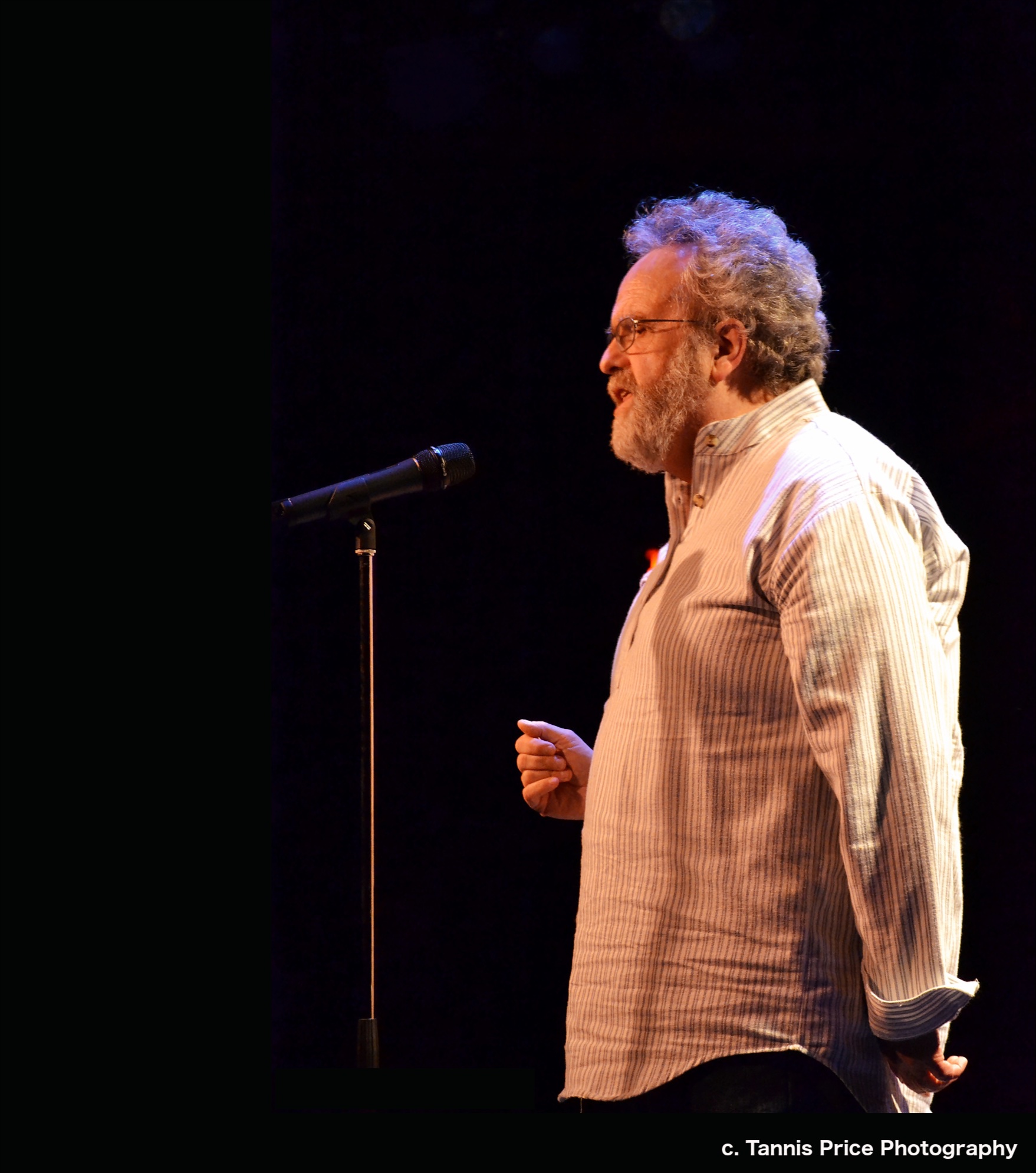Why Stories
Stories and storytelling goes back to the dawn of modern man — at least 150,000 year ago. They were the educational tool, the history tool, the social tool and stories hold the collective memory of the tribe and clan who told them.
Nothing has really changed. Today we tell stories about everything. And we listen intently to stories told, stories read and stories watched on all out modern electronic devices. Stories are our all encompassing cultural DNA, the glue that holds everything together.
Stories in our age
Stories have not always appeared important. With the rise science in the 19th century the ‘truth’ of stories gave way to the scientific validity evidence found only in dispassionate examinations of facts and data, with endless arguments about bias factors. Victorian society appropriated folklore as children’s stories: bedtime reading was filled with morals and a happy ending. The Brothers Grimm rewrote and sanitized their collected tales through all seven editions published in their lifetimes. No nightmares, thank you.
In the 20th century stories then were dressed up in cartoon clothes as fairy tales for the movie theatre. The wolf was killed and the pauper married the prince or princess. Mass communications turned stories into slogans. The fast pace of modern society didn’t have time to listen to real stories. It was too busy being busy.
A stop to being busy
The stories never really went away. They just went into hiding in rural hills and small towns in the first world and villages everywhere else. In the last 30 years stories started returning to the lips of storytellers, returning to cities, both traditional tales and new stories. Academics and people alike acknowledged stories as basic to our understanding of everything. They’re in our blood: they’re in our brains. Even analysis of empirical data, quite useful in many fields of endeavour, benefits from story.
Brain Science confirms the story roots
Science in the last decade, especially the MRI machine, confirms our reaction to stories. When listening to a well told story the brain “lights up” in those areas of associated with emotion and empathy. We both learn and are motivated.
Humans are ‘hardwired’ for appreciating and learning from stories — not surprising given that oral storytelling, and listening, was the only learning method we had for the first 95% of our modern existence.
